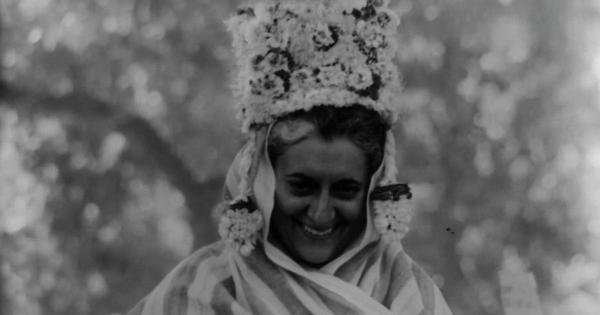Reflecting on the Emergency: A Personal Journey

The 50th anniversary of the Emergency is upon us. I’ve shared my thoughts on this dark period in my book, India after Gandhi. For deeper insights, consider reading works by Emma Tarlo, Gyan Prakash, Christophe Jaffrelot, Pratinav Anil, and Sugata Srinivasaraju.
My Personal Story
I’d like to share my own memories from that time. I was a young college student in Delhi when the Emergency was declared.
Before the Storm
In May 1975, I finished my first year at St Stephen’s College. I went home to Dehradun for the holidays. The Emergency was declared while I was away. When I returned to campus in July, I wasn’t too concerned about Indira Gandhi’s actions.
At 17, I was more interested in making the college cricket team. My friends at St Stephen’s were also not very political.
Politics? Not for Us
This lack of interest in politics was encouraged by the college. St Stephen’s students couldn’t vote in the Delhi University Students Union elections. But students from other colleges were very active in politics. Even more so were the students at Jawaharlal Nehru University.
St Stephen’s has ties to Mahatma Gandhi. CF Andrews, Gandhi’s close friend, taught there. But the college’s contribution to the freedom movement was less compared to other colleges.
Life Under the Emergency
After Independence, St Stephen’s students aimed for jobs in the bureaucracy or diplomatic corps. In the 1960s, a few were briefly interested in Naxalism, but most wanted government jobs or became journalists, academics, and corporate executives.
The St Stephen’s I knew was not politically engaged. We lived in the moment. When I returned in July 1975, nothing had changed. The detention of opposition leaders and press censorship didn’t affect us. We chatted, laughed, and played as before.
I focused on improving my leg-cutter for cricket. Other students had their own passions, like reading Shakespeare, playing bridge, listening to classical music, or sourcing charas.
Memories from 1975-76
One winter day in 1975-76, a former student came to shoot a documentary for state television. One student played the guitar while others listened. The film was later shown on Doordarshan with a title like ‘Peace and Tranquility on the Campus’.
As the Emergency continued, we heard stories about its darker side. We heard about Sanjay Gandhi’s influence, his reliance on PS Bhinder, and a police chase involving Sundar Daku.
A beloved teacher, Vijayan (Unni) Nair, was asked by Sanjay Gandhi to join him. They had been classmates at the Doon School. Sanjay sent word that Unni should give up teaching and help him “run the country”. Unni Nair refused, saying he was happy where he was.
We also saw a man in the University Coffee House every day. He had a brown beard and tinted glasses. He sat alone for hours, looking at his coffee cup and smoking. We thought he was an Intelligence Bureau agent checking on the campus.
Waking Up to Politics
These events slightly awakened my political awareness. So did a remark by a commentator on All India Radio in April 1976. A group of us listened to the commentary on a Test match against the West Indies. After India won, the commentator said, “Ye Indira Gandhi ka desh hai! Ye bis sutrikarikaram ka desh hai!” (This is the land of Indira Gandhi! This is the land of her Twenty Point Programme). I found it offensive that the credit for the victory was given to an authoritarian politician instead of the cricketers.
The End of a Dark Era
In the spring of 1977, the Emergency was lifted, and elections were announced. A new Janata Party was formed by four parties opposed to Indira Gandhi and her Congress. There was a rally at Maurice Chowk, which I attended with thousands of other students.
We heard speeches from Raj Narain, Vijaya Lakshmi Pandit, student leaders, and Atal Bihari Vajpayee. That meeting sparked my interest in the world outside cricket and St Stephen’s.
A few weeks later, when the election results came in, I went with friends to Bahadur Shah Zafar Marg, where several major newspapers had their offices. We sat outside, watching the results on a big blackboard. There was a loud cheer when Sanjay Gandhi was defeated in Amethi, and an even louder cheer when Indira Gandhi was defeated in Rai Bareilly.
Lessons from the Past
Authoritarianism and dynastic politics were defeated. But fifty years later, they have returned. The only difference is that they are now represented by different parties.
This article first appeared in The Telegraph.
Ramachandra Guha’s latest book, Speaking with Nature: The Origins of Indian Environmentalism, is now in stores. His email address is ramachandraguha@yahoo.in.



